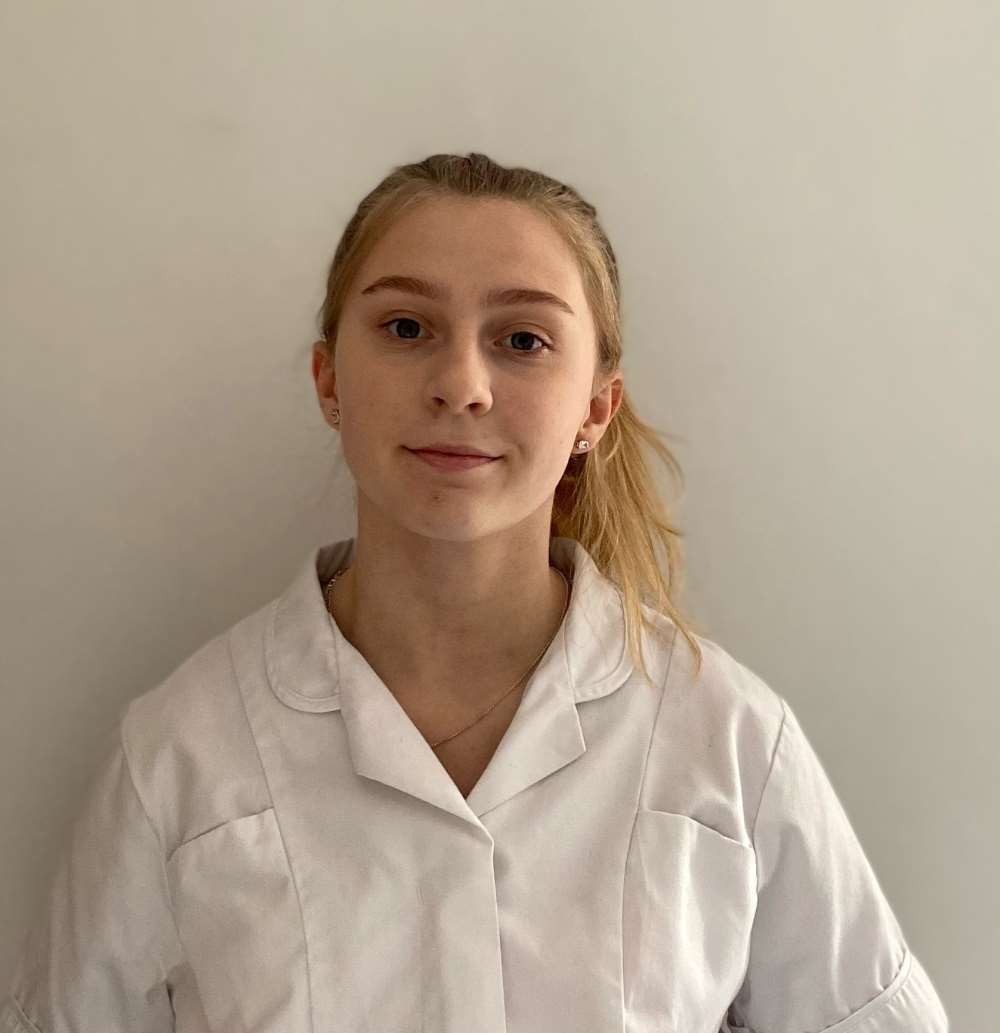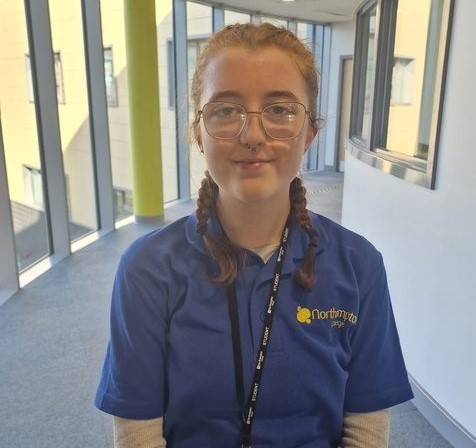The City and Guilds T-level in Design and Development for Engineering and Manufacturing (Electrical and Electronic pathway) is a two-year course for students aged 16 and above. This qualification is designed for those interested in a career in electrical and electronic engineering, providing both technical knowledge and hands-on experience. T-levels are equivalent to three A-levels and include classroom learning and industry placement.
By completing this course, students gain key skills, including: Problem-Solving: Tackling engineering challenges and finding solutions. Technical Skills: Working with tools, equipment, and electronic systems. Teamwork and Communication: Working with others and presenting ideas clearly. Time Management: Balancing tasks and meeting deadlines.




